
News
Why your eyes want you to reduce your screen time
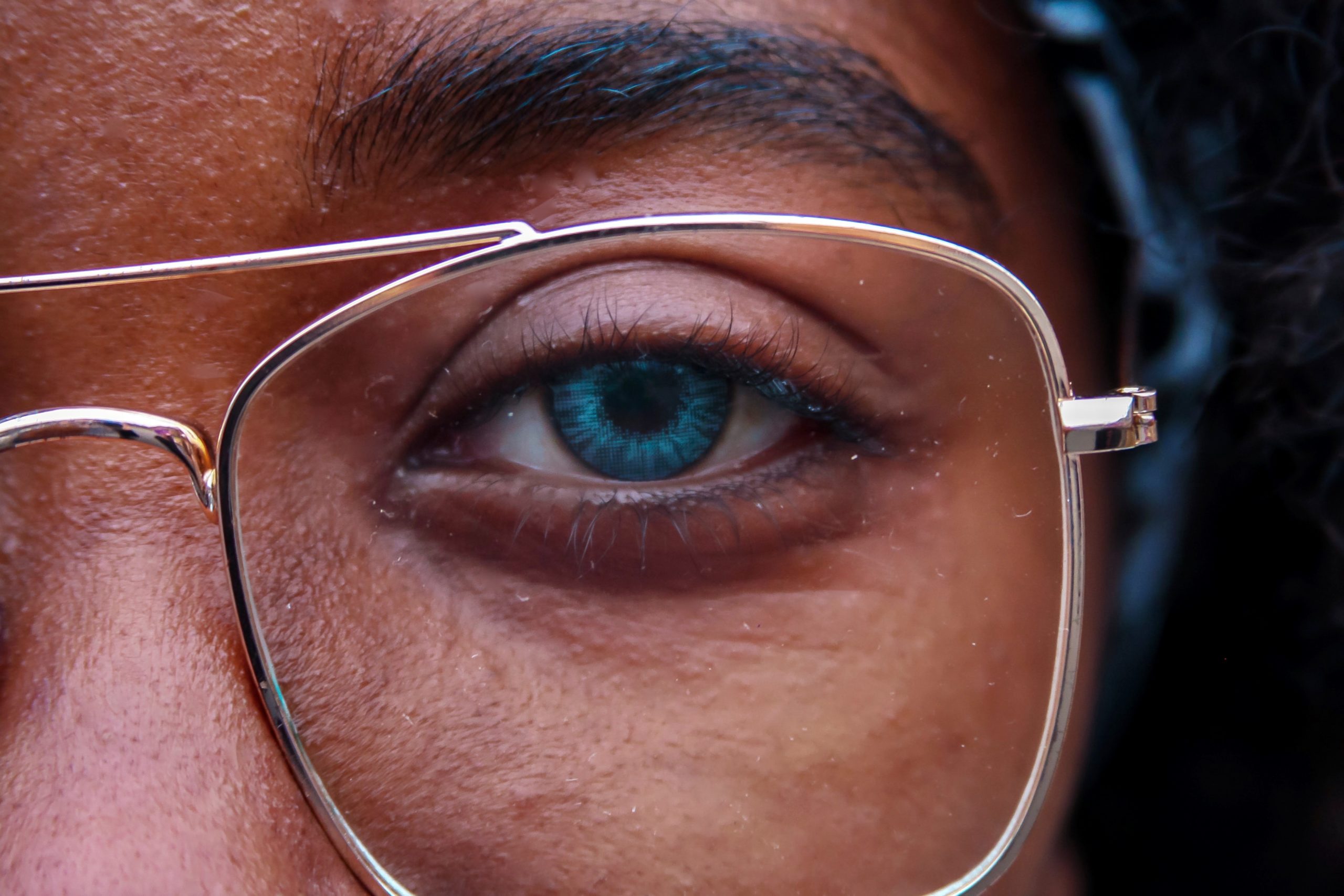
Ok, so we know that warnings on the danger of screen time have been circulating for years now in relation to sedentary lifestyles and posture problems. However, for people with eye problems, it is especially important that you heed them. With many of us still working from home regularly and unable to spend long periods of time outside of our homes, our screen time has perhaps slightly (or majorly!) increased. Here are just some of the common eye problems that could potentially accompany your broadband plan and Netflix habits…
Dry eyes
Our eyes need to stay moist in order to remain healthy. When we blink, our eyes release a thin film of tears consisting of water, oil and mucus, which work together to keep our eyes bright and shiny. When we watch TV or stare at our phone or computer, we blink less often. This, of course, causes your eyes to become dry and irritated leading to blurry vision and discomfort.
-
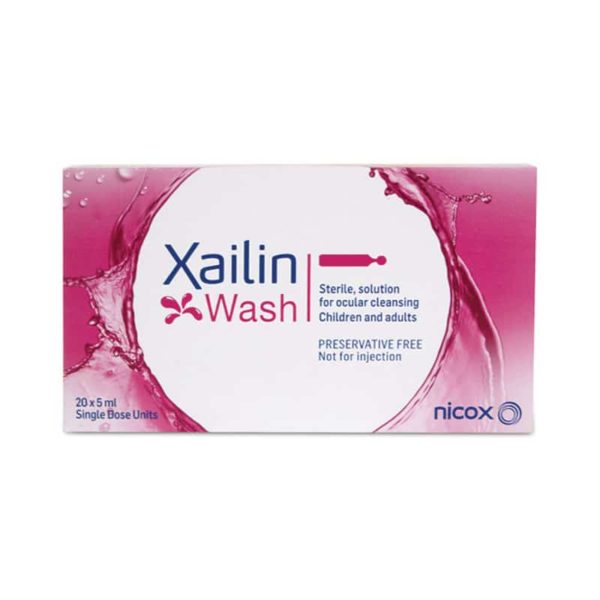 Xailin Wash£12.99 — or subscribe and save 10%
Xailin Wash£12.99 — or subscribe and save 10% -
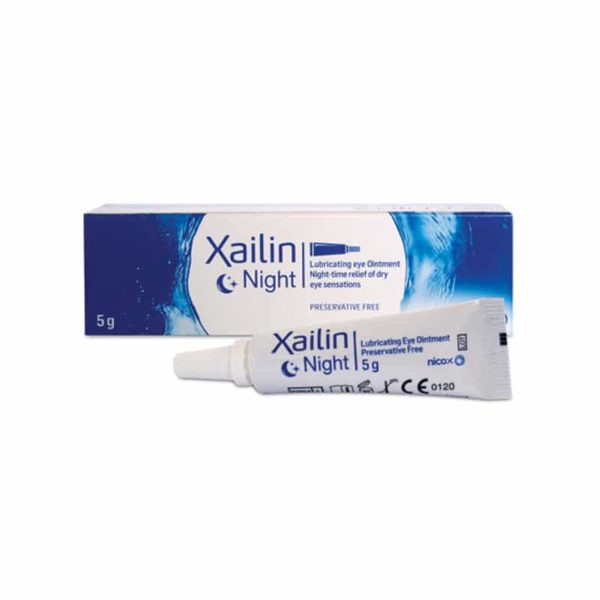 Xailin Night£7.99 — or subscribe and save 10%
Xailin Night£7.99 — or subscribe and save 10% -
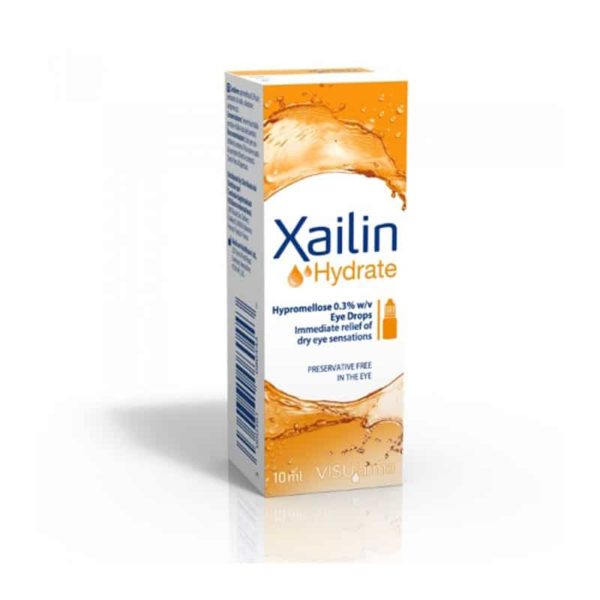 Xailin Hydrate£10.99 — or subscribe and save 10%
Xailin Hydrate£10.99 — or subscribe and save 10% -
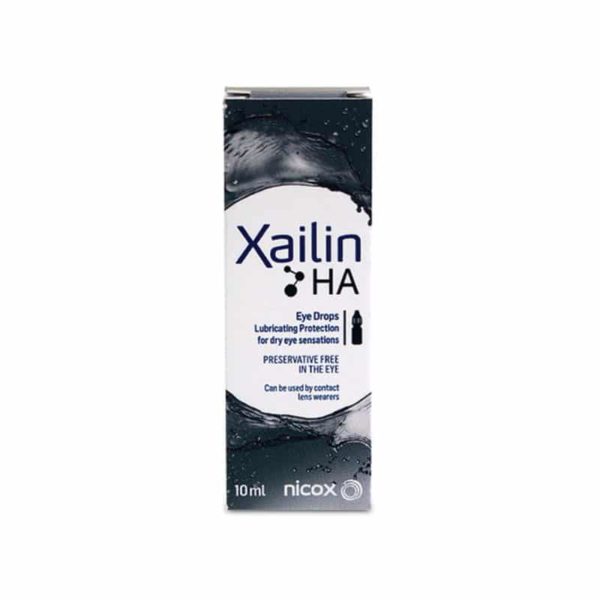 Xailin Ha£14.49 — or subscribe and save 10%
Xailin Ha£14.49 — or subscribe and save 10%
Retinal damage
Screens release blue light, which can be toxic to the light-sensitive cells of the retina at the back of our eyes. Research has shown that continued exposure to blue light can lead to irreversible eye conditions such as age-related macular degeneration, which severely impacts the vision.
Focus flexibility issues
If you already have problems seeing things at a distance, screen time could make it a whole lot worse. Our ability to adjust our focus reduces as we get older anyway, but increased screen use can accelerate this. If your eyes are accustomed to focusing on things (screens) that are just a short distance away, switching our focus to things in the distance can become impaired.
Eye fatigue
This may seem like an obvious one, but we look at our screens for much longer periods of time than we look at other objects. They’re designed to hold our attention, so it makes sense that they cause us to ‘overuse’ our eyes. There is also scientific evidence that blue light keeps us awake at night, reducing our sleep and therefore our eyes’ rest time. Eye fatigue can lead to headaches, concentration problems and double vision.
So, what can I do to make my screen time better for my eyes?
You may have read this post and thought ‘but I need to use a screen for eight hours a day for work and I’ve earned my right to kick back with a film at the end of a long day. How can I reduce my screen time?’ Well, there are things you can do that don’t actually reduce screen time but that can make that time healthier for your eyes.
Most apps on phones and tablets have a night mode function, which darkens the background of your screen. This reduces the amount of blue light entering your eyes and we’d highly recommend using it, where possible.
You should also keep your screen at least an arm’s length away from your face. The closer the screen is to your eyes, the more acute the potential damage.
If you can afford to cut your screen time, the 20-20-20 method for preventing eye strain is a great way to break it up. Every 20 minutes, you should spend 20 seconds looking at an object that is 20 feet away. This really helps strengthen and refresh your focus.
Of course, a lot of screen time can also cause new problems to flare up, as well as exacerbate existing conditions. So, even if your eyes are in perfect health right now, you should be doing all you can to ensure that they stay that way.
